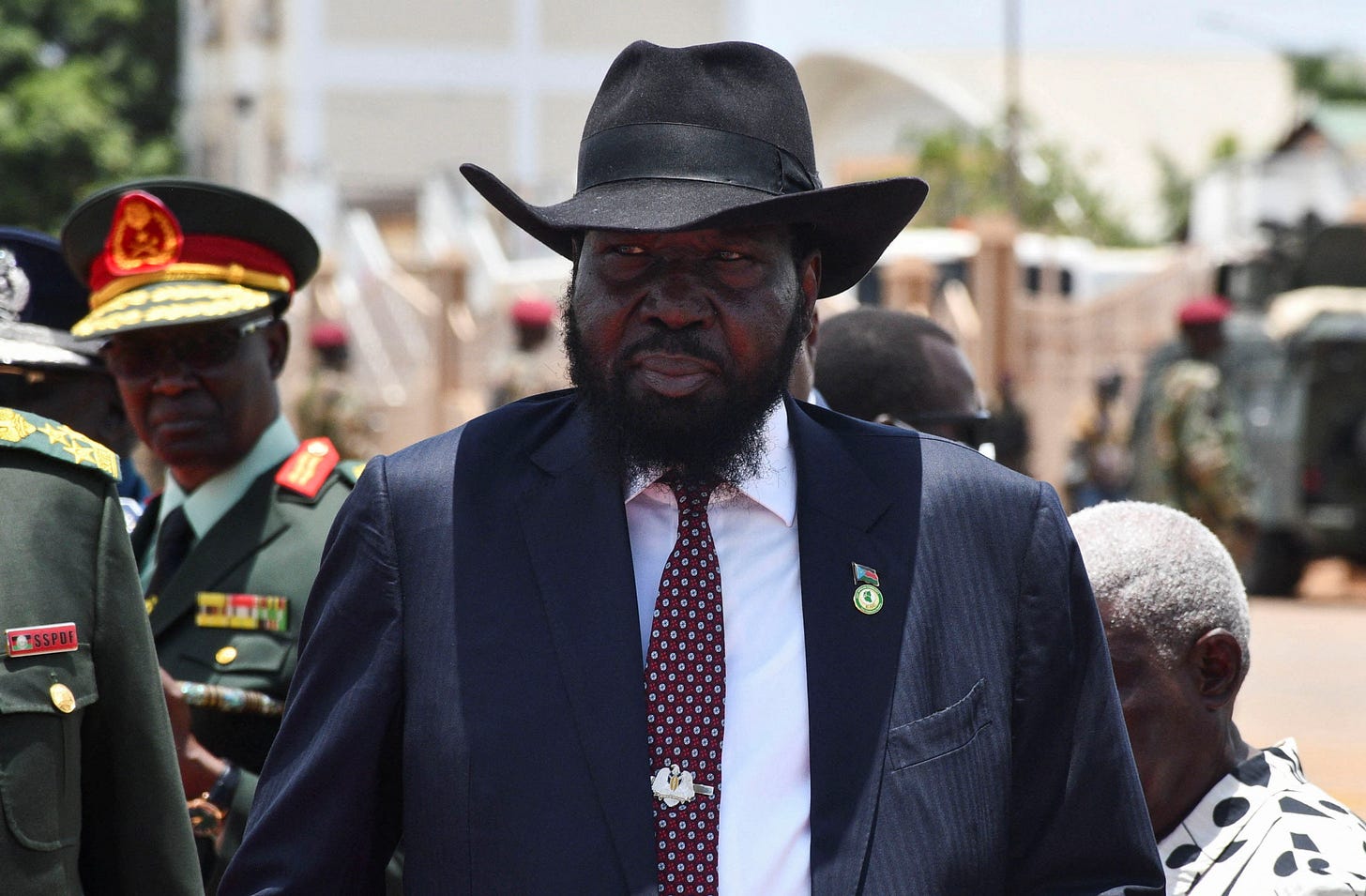Intelligence Outlook: What Happens If South Sudan's President Salva Kiir Is No Longer at the Helm?
Intelligence Analyst: Evarist Chahali
Intelligence Cut-Off Date: May 17, 2025 at 0530 BST
Introduction
South Sudan, Africa's youngest democracy, faces a precarious future as concerns over President Salva Kiir Mayardit's deteriorating health grow. Having led the country since its independence in 2011, Kiir's long reign has been marked by intermittent conflict, fragile peace deals, and unresolved rivalries—particularly with his Vice President, Dr. Riek Machar. With persistent reports of Kiir’s declining health, speculations about a looming succession crisis have gained traction. This intelligence outlook explores the potential scenarios, implications for national and regional stability, and the strategic considerations for key stakeholders.
Current Political Landscape
Salva Kiir's Dominance
President Kiir, aged 73, has retained power through a combination of military loyalty, control over the ruling Sudan People's Liberation Movement (SPLM), and marginalisation of political rivals. However, his grip on power has increasingly come under strain. He suffers from chronic illness, reportedly cardiovascular in nature, and has made fewer public appearances, fueling speculation about his capacity to govern.
Riek Machar: Partner or Rival?
Vice President Riek Machar, leader of the Sudan People’s Liberation Movement-in-Opposition (SPLM-IO), remains Kiir’s most prominent rival despite serving in a fragile unity government. Their relationship, shaped by civil war, shifting alliances, and repeated peace agreements, remains tenuous. Machar is widely perceived as positioning himself to reclaim leadership, but he is also deeply distrusted by many in Kiir’s camp and by the military establishment.
Fragile Peace Deal
The 2018 Revitalised Agreement on the Resolution of the Conflict in the Republic of South Sudan (R-ARCSS) has been only partially implemented. Key provisions like transitional justice, unified armed forces, and constitutional reform remain incomplete. The agreement mandates elections by December 2024, but preparations are behind schedule, and the prospect of free and fair elections under current conditions is slim.


